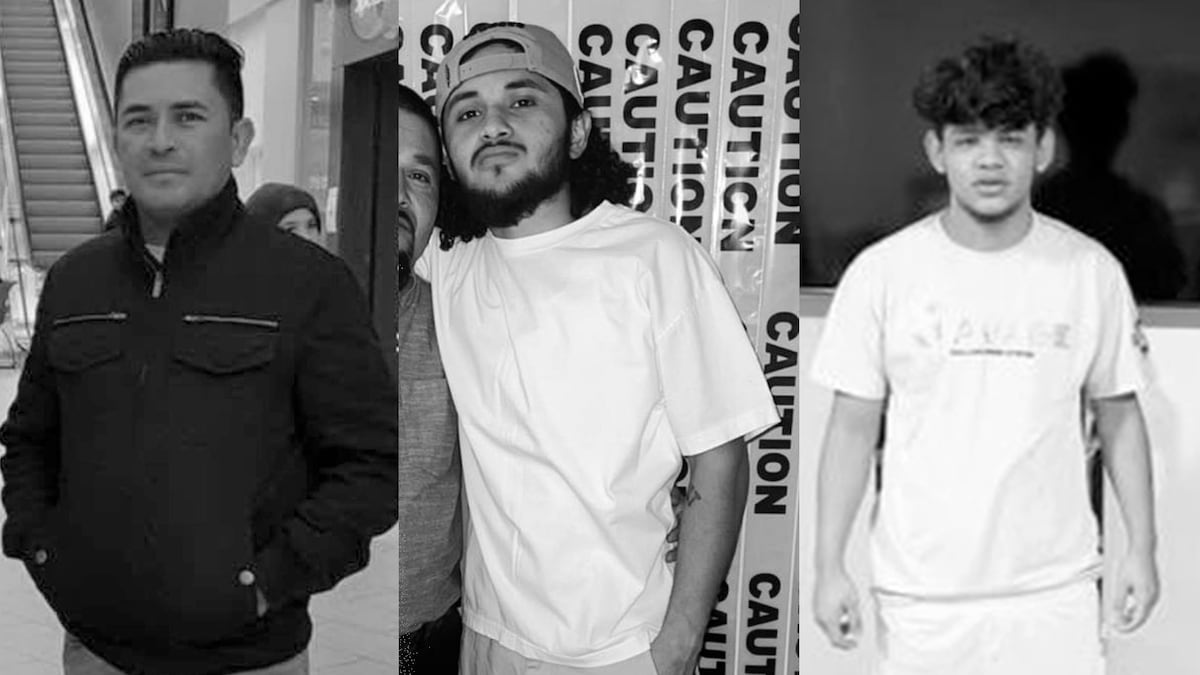
"I think they're going to move me,' he says. We're going to talk quickly, because we may not talk again, because I don't think they'll give me my right to a phone call again. We're headed to El Salvador. Tell everyone there, Jovelina, to be waiting for me around noon.' Yes,' I told him, I will call her, I'll tell her.' But we didn't finish saying goodbye because the call suddenly ended,"
"The flight that supposedly brought Osmin to El Salvador landed two days after that brief conversation. She thinks about their last exchange every day, like a thread that connects her to a past in which her brother was a flesh-and-blood 40-year-old man in her life, and not the memory he is today. Osmin never came out to embrace their other sister at noon as he had been hoping."
"After she watched other deportees come out, one after the other, their families receiving them relieved and smiling, she was told that her brother's name was on the list that also included several Venezuelans accused without evidence of belonging to the Tren de Aragua cartel. But his name was crossed out. He'd never boarded the airplane, they told her. When the family contacted U.S. authorities, they were told the opposite, that Osmin had indeed been deported on that flight."
Osmin's sister last spoke with him on April 9 during a phone call from a New York State immigration detention center where he had been held for weeks. He said they were moving him and that he believed he would be deported to El Salvador, asking family to wait for him at noon. The call ended abruptly. A flight arrived two days later, but Osmin did not emerge; his name was reportedly crossed out on a list. U.S. authorities provided conflicting statements about his deportation. The family has since encountered a wall of silence and no clear information.
Read at english.elpais.com
Unable to calculate read time
Collection
[
|
...
]